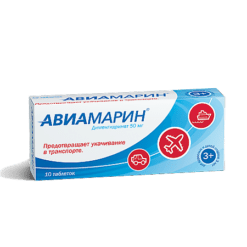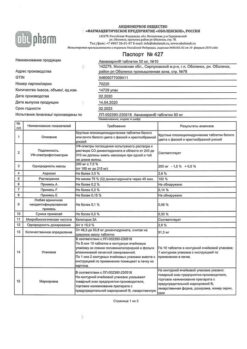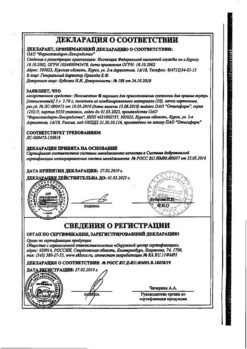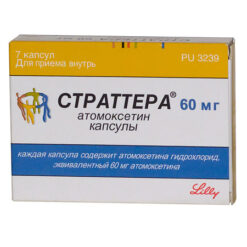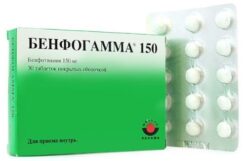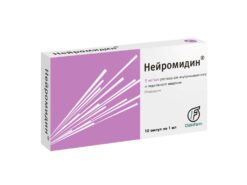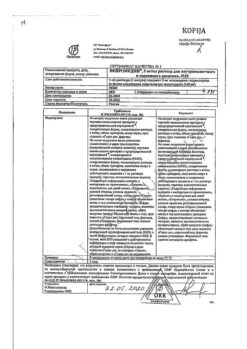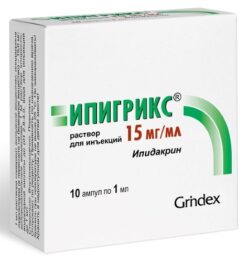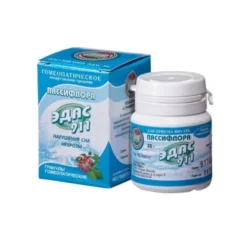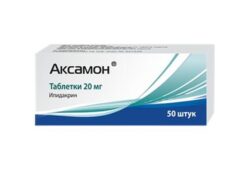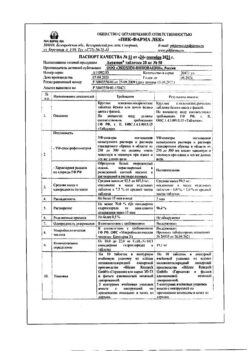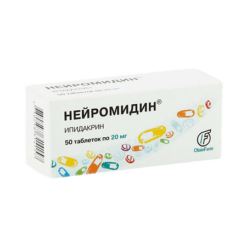No products in the cart.
Aviamarin, tablets 50 mg 5 pcs
€1.00
Out of stock
(E-mail when Stock is available)
Description
Pharmacotherapeutic group: H1-histamine receptor blocker
ATX code: R06AX
Pharmacological properties
Pharmacodynamics: blocks histamine H1-receptors and M-cholinoreceptors of the central nervous system. Inhibits the vestibular apparatus of the inner ear, acting primarily on the otoliths, in high doses – on the semicircular canals. It has antiemetic, anorexigenic and sedative effects, eliminates dizziness.
Pharmacokinetics: after oral administration dimenhydrinate is well absorbed and distributed among organs and tissues. The action of the drug is seen 15-30 minutes later and lasts for 3-6 hours. About 78% of dimenhydrinate is bound to blood plasma proteins. Dimenhydrinate is metabolized in the liver and is almost completely eliminated from the body with urine within 24 hours. Small amounts are excreted with breast milk. The half-life (T1/2) of dimenhydrinate is about
3.5 hours.
Additional information
| Shelf life | 3 years. Do not use after the expiration date stated on the package. |
|---|---|
| Conditions of storage | At a temperature not exceeding 25 °C. Keep out of reach of children. |
| Manufacturer | Alium JSC, Russia |
| Medication form | pills |
| Brand | Alium JSC |
Other forms…
Related products
Buy Aviamarin, tablets 50 mg 5 pcs with delivery to USA, UK, Europe and over 120 other countries.


